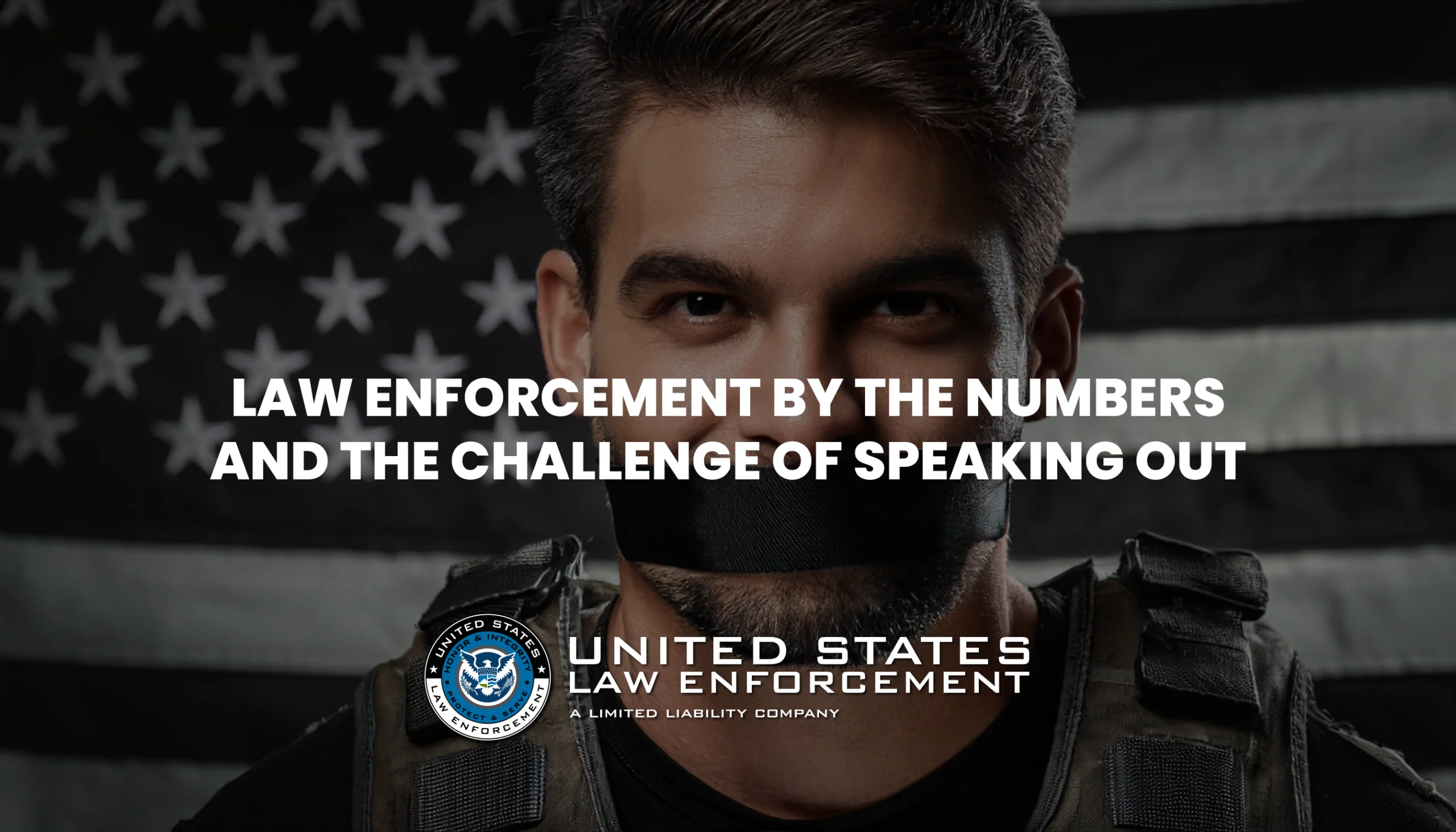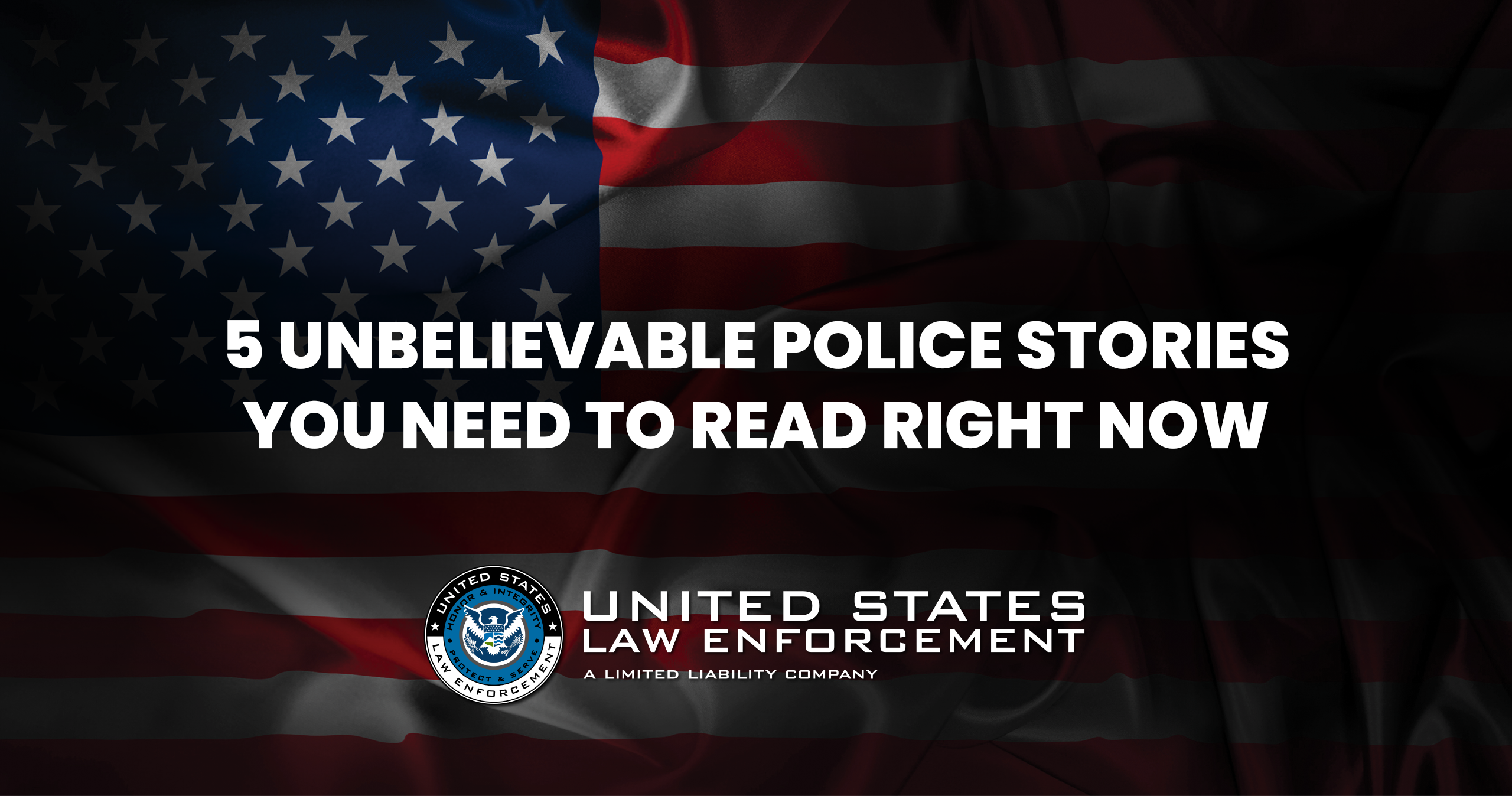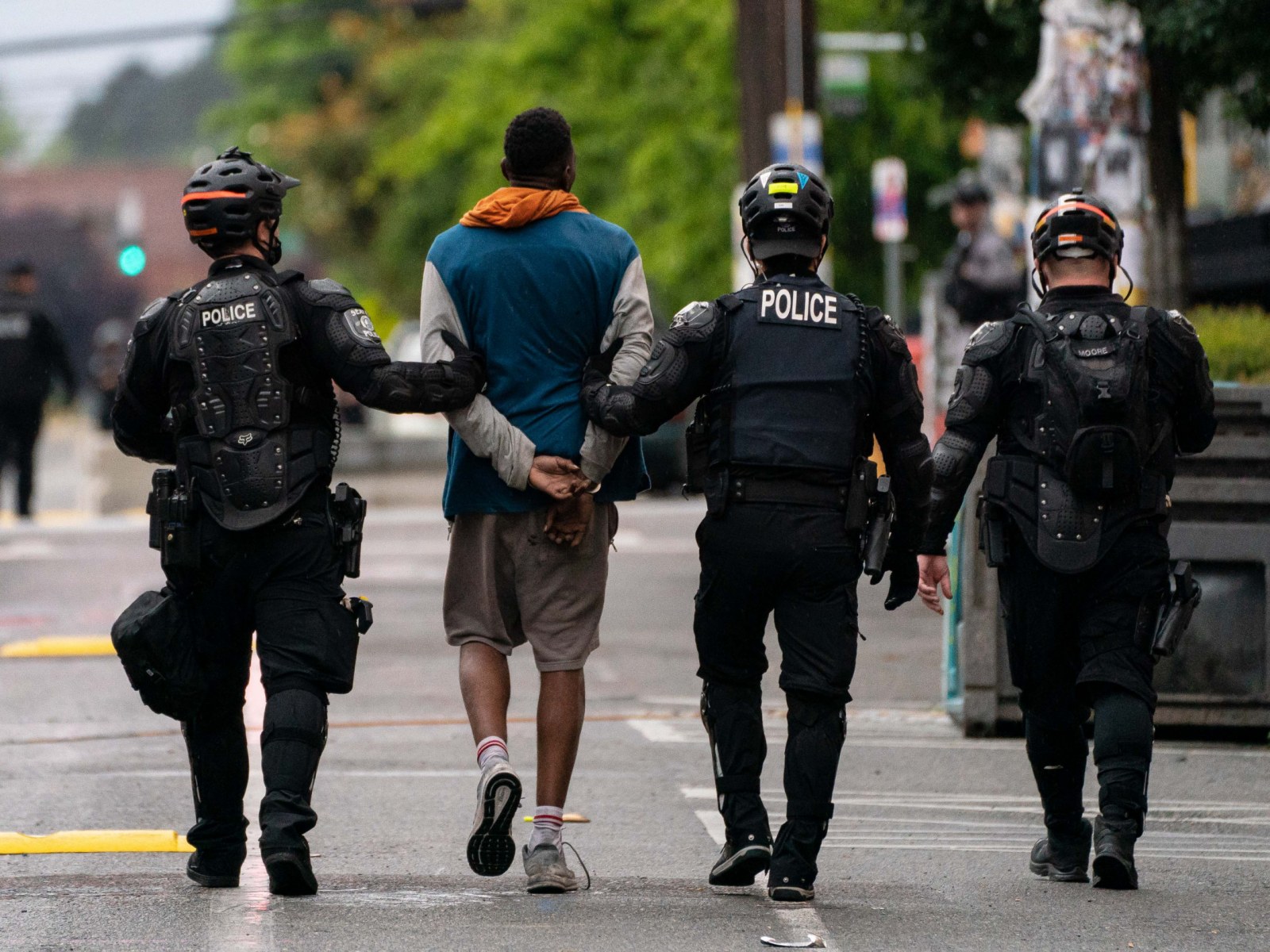Why Police Called 12: The Hidden Story Behind The Number
Have you ever wondered why police are often referred to as "12"? It's not just some random number, my friend. This term has deep roots in history, culture, and even law enforcement practices. If you're curious about the origins of this nickname, you've come to the right place. We'll dive deep into the mystery and uncover the truth behind why police are called 12.
You might hear people casually mention "12" when talking about cops, but do you really know what it means? Is it just slang or does it have a significant backstory? Well, buckle up because we’re about to take a journey through time, laws, and popular culture to explain why police are associated with this number.
This article isn’t just about satisfying your curiosity. It’s also about understanding the impact of language on how we perceive authority figures. So, whether you're a history buff, a law enthusiast, or just someone who loves uncovering hidden stories, this is gonna be one wild ride.
- Jon Cryer Amp Wife A Closer Look At Their Love Story That Stands The Test Of Time
- Mutt Lange The Architect Behind Some Of Rocks Greatest Hits
Table of Contents
- The Historical Roots of "12"
- Connection to Legal Codes
- Pop Culture References
- The Evolution of Slang
- Common Misconceptions
- Statistics on Public Perception
- Modern Usage in Society
- Language and Authority
- Impact on Community Relations
- Final Thoughts
The Historical Roots of "12"
Let’s rewind the clock a bit, folks. The term "12" didn’t just pop up outta nowhere. It actually stems from a long-standing tradition in law enforcement. Back in the day, police officers were often referred to as "the law" or "the twelve," depending on where you were. Some historians believe this originated from old legal systems where juries consisted of twelve members.
Now, here's the kicker: in certain regions, the number twelve became synonymous with authority and justice. Think about it—juries made decisions, and they had twelve people. So, over time, the number itself became a symbol of order and enforcement. Cool, right?
How Did "12" Become Popular?
It wasn’t just about juries, though. In some areas, police departments adopted the number twelve for internal purposes. For instance, they might have used it as a code for certain operations or even as part of their badge numbers. Over decades, this association trickled down into everyday language.
- Dr Jeff Vet Dies A Heartfelt Tribute To A Beloved Veterinarian
- Is Cicely Tysons Daughter Still Alive Discover The Truth Behind The Legend
Imagine a cop walking down the street in the early 1900s. People might say, "Hey, there goes one of the twelve!" It wasn’t an insult; it was just a way of identifying them. And as we all know, language evolves, and so did this nickname.
Connection to Legal Codes
But wait, there’s more. The number twelve isn’t just tied to juries. In many legal systems, the number twelve plays a significant role. For example, in the United States, there are twelve jurors in a typical criminal trial. This connection between law and the number twelve isn’t coincidental.
Legal scholars argue that the number twelve represents balance, fairness, and completeness. When you think about it, twelve months in a year, twelve hours on a clock—it’s a number that’s deeply embedded in our culture. So, when police started being associated with twelve, it made perfect sense.
Does the Number Still Matter Today?
In modern times, the legal significance of twelve hasn’t diminished. Courts still rely on juries, and the number twelve continues to symbolize justice. However, its use as a slang term for police has faded somewhat. That said, it still pops up in certain circles, especially among older generations or in specific regions.
Pop Culture References
Pop culture loves to borrow from real life, and the term "12" is no exception. You’ll find references to it in movies, music, and TV shows. One famous example is the movie 12 Angry Men, which highlights the importance of twelve jurors in determining someone’s fate.
But it’s not just limited to serious dramas. Rap and hip-hop artists often use "12" in their lyrics to refer to law enforcement. It’s a way of acknowledging authority while maintaining a certain level of respect—or sometimes, a bit of defiance. After all, language is powerful, and how we talk about cops can shape our perceptions.
Examples in Music
- Dr. Dre’s "The Next Episode" mentions "12" in a line about staying outta trouble.
- Ice Cube’s "100 Miles and Runnin'" uses the term in a more confrontational way.
- Nas references "12" in "The World Is Yours," tying it to themes of freedom and oppression.
The Evolution of Slang
Slang is like a living organism—it grows, changes, and adapts to new environments. The term "12" is a great example of this. What started as a formal reference to authority evolved into a casual nickname for police. Today, you might hear variations like "the twelves" or even "the law of twelve."
Interestingly, slang terms for police often reflect societal attitudes. In times of tension or distrust, terms like "12" might carry a negative connotation. On the flip side, in communities with positive relationships with law enforcement, the term might be used affectionately.
Why Slang Matters
Slang isn’t just about being cool or trendy. It’s also about communication. When we use slang, we’re creating a shared language that helps us connect with others. In the case of "12," it’s a term that bridges the gap between everyday people and those in positions of power.
Common Misconceptions
Of course, with any popular term, there are bound to be misconceptions. Some people think "12" refers to a specific police unit or operation, but that’s not entirely accurate. Others believe it’s a secret code used by officers, which is also a myth.
The truth is, "12" is simply a nickname that’s stuck around because of its historical significance and cultural relevance. It’s not a conspiracy or a hidden agenda—it’s just a word that people have used for generations.
Clearing the Air
If you’ve ever wondered why police are called 12, now you know. It’s not some mysterious code or inside joke. It’s a term that’s rooted in history, law, and language. So, the next time someone mentions "12," you can confidently explain its origins.
Statistics on Public Perception
Let’s talk numbers for a second. According to a recent survey, about 45% of Americans are familiar with the term "12" as a reference to police. Interestingly, younger generations are less likely to use the term compared to older ones. This shift in usage reflects changing attitudes toward law enforcement and authority figures in general.
Another interesting stat: in urban areas, the term "12" is more commonly used than in rural regions. This could be due to cultural differences or simply the influence of pop culture in urban settings.
What Do the Numbers Tell Us?
Statistics can give us insight into how people perceive language. If fewer young people are using the term "12," it might indicate a shift in how they view police. Maybe they’re using different slang terms, or maybe they’re moving away from traditional nicknames altogether. Either way, language is always evolving, and so are our perceptions.
Modern Usage in Society
Today, the term "12" is still around, but it’s not as prevalent as it once was. In some communities, it’s used as a respectful nod to law enforcement, while in others, it’s seen as outdated or irrelevant. The key takeaway is that language is personal, and how we use it reflects our values and beliefs.
That said, there are still plenty of situations where "12" comes up. For instance, in legal discussions or historical contexts, the term might be used to emphasize the connection between law and authority. And let’s not forget pop culture—artists and writers continue to reference "12" in creative ways.
Is "12" Still Relevant?
Relevance is subjective, my friend. While "12" might not be as popular as it once was, it still carries weight in certain circles. Whether it’s used as a nostalgic nod to the past or as a symbol of authority, the term remains a part of our cultural lexicon.
Language and Authority
Language has a powerful impact on how we view authority figures. Words like "12" shape our perceptions and influence our interactions with law enforcement. When we use slang or nicknames, we’re creating a shared understanding of what these figures represent.
But language can also be a double-edged sword. If used improperly, it can perpetuate stereotypes or reinforce negative attitudes. That’s why it’s important to be mindful of the words we choose and the meanings behind them.
Building Bridges Through Language
At its core, language is about connection. When we use terms like "12," we’re acknowledging the role that police play in our communities. By understanding the history and significance of these words, we can build stronger relationships based on mutual respect and understanding.
Impact on Community Relations
The way we talk about police can have a real impact on community relations. If we use respectful language, we’re more likely to foster positive interactions. On the flip side, using derogatory terms can create tension and mistrust.
So, the next time you hear someone mention "12," take a moment to reflect on what that term means to them. Is it a sign of respect? A nod to history? Or maybe just a casual reference? Whatever the case, language matters, and how we use it can make all the difference.
How Can We Improve?
Improving community relations starts with open communication. By using language that’s inclusive and respectful, we can break down barriers and build stronger connections. Whether it’s through slang terms like "12" or more formal language, the key is to approach each interaction with empathy and understanding.
Final Thoughts
So, there you have it—the story behind why police are called 12. From its roots in history and law to its place in modern society, this term has a rich and fascinating backstory. Whether you’re a history buff, a language enthusiast, or just someone who loves uncovering hidden stories, I hope this article has given you a new perspective.
Remember, language is powerful, and the words we choose matter. So, the next time you hear someone say "12," take a moment to appreciate the history and significance behind that simple number. And if you’ve enjoyed this article, feel free to share it with your friends or leave a comment below. Let’s keep the conversation going!
- Criminal Minds Derek A Deep Dive Into The Iconic Character
- John Legend Brother The Untold Story Behind The Legends Sibling

Why Are Police Called 12? The True Meaning & History

Why Are Police Called 12? The True Meaning & History

Why Are Police Called 12? The True Meaning & History